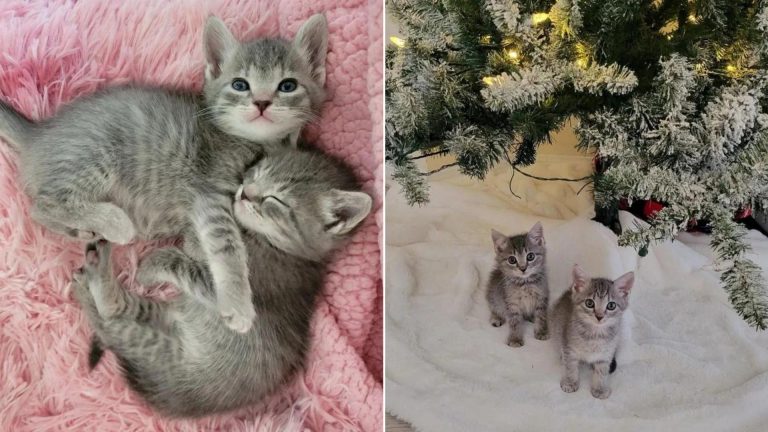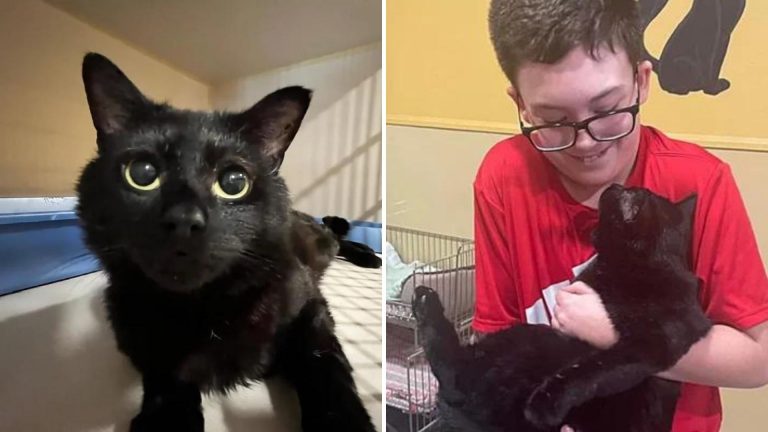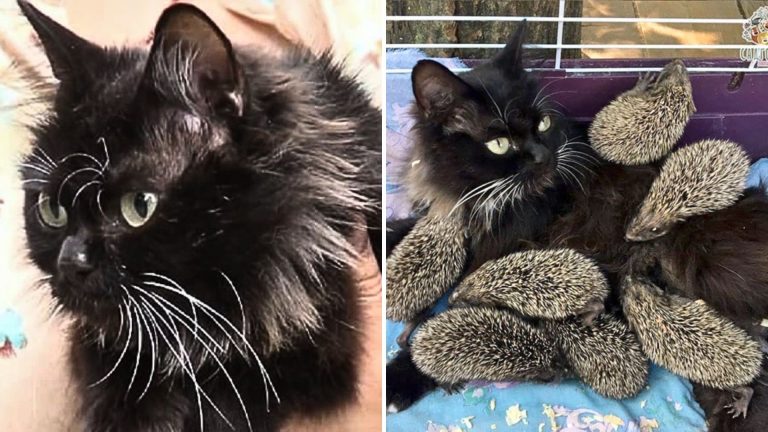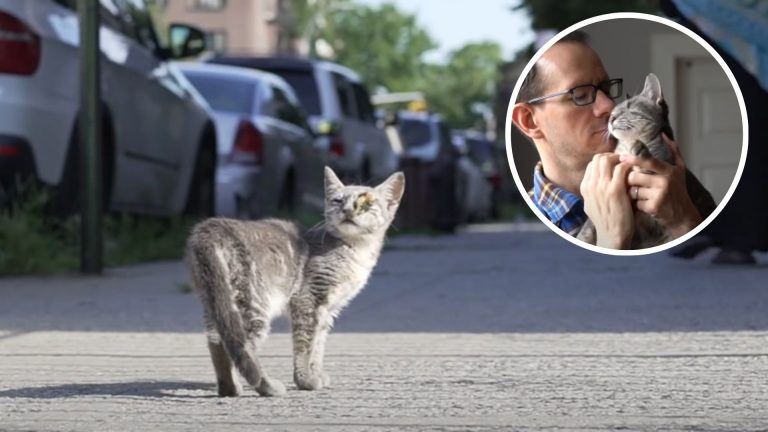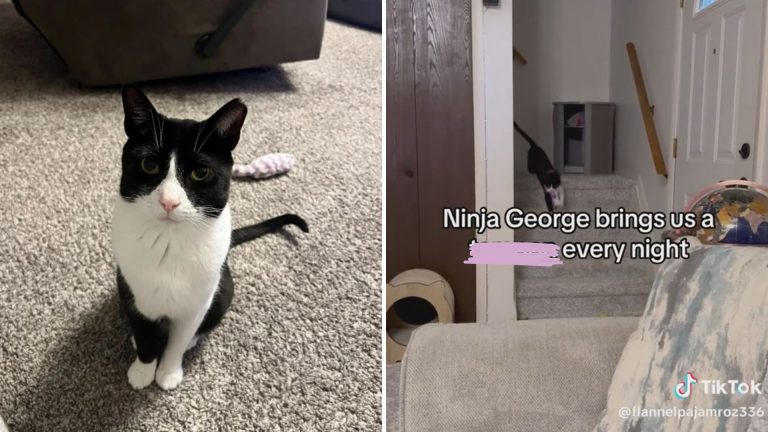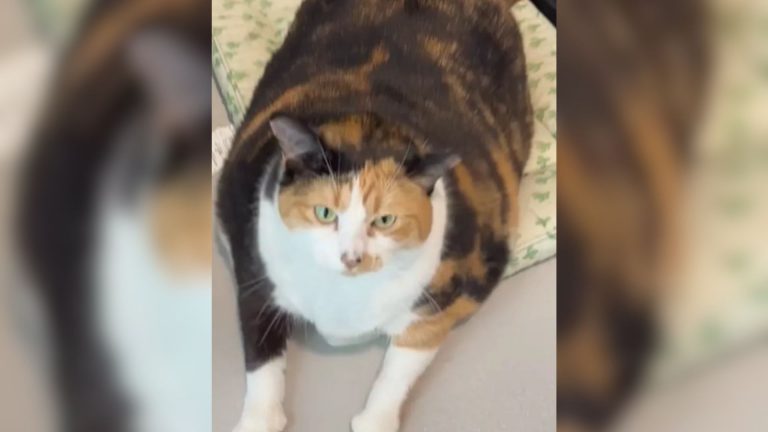Vet Student Saves Cat With Rare Illness From Being Put Down, Gaining A Special Friend
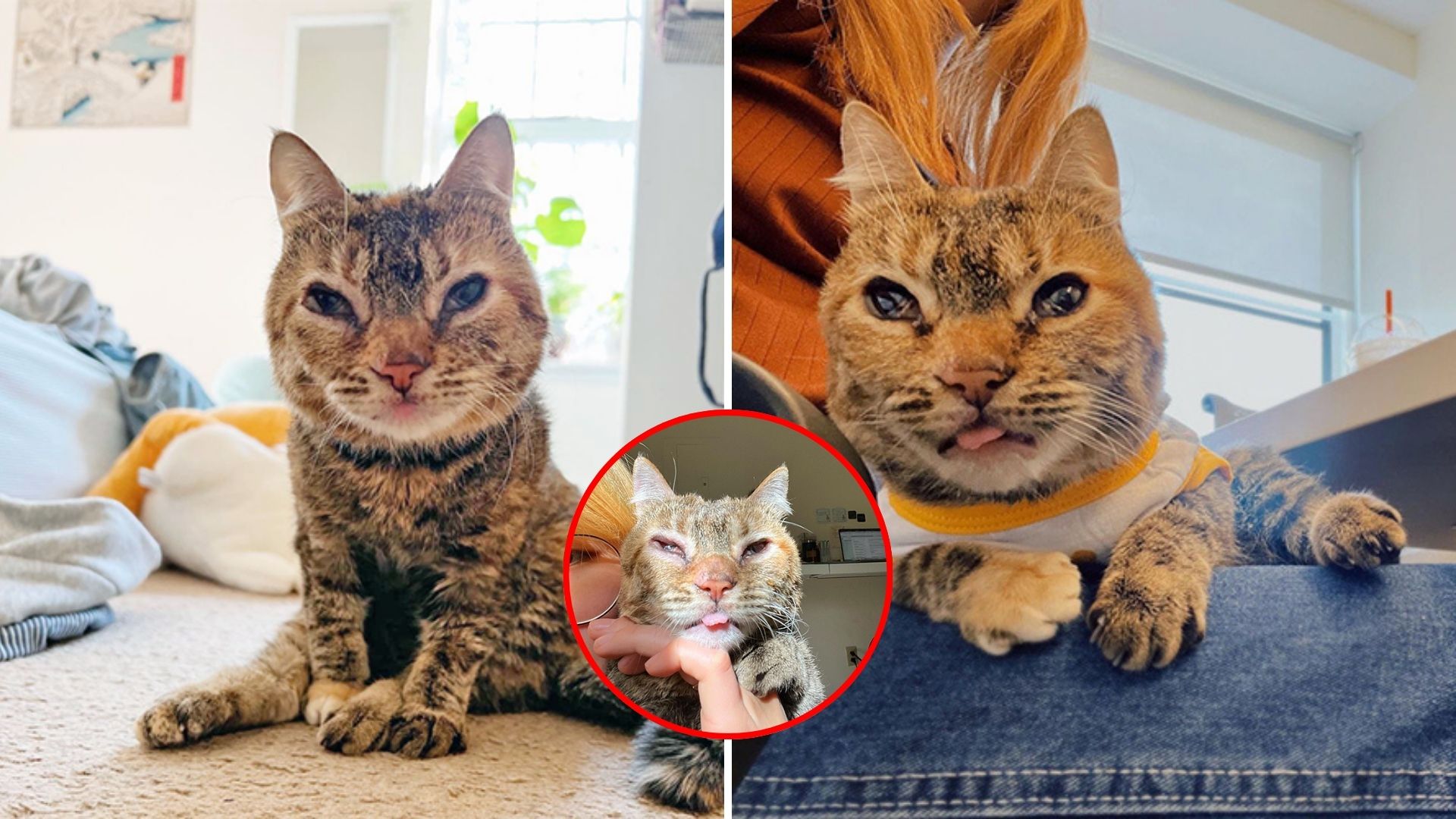
Life has a way of surprising us with unexpected challenges. Every now and then, these challenges take the form of small and delicate beings who face impossible challenges.
So, let me tell you a story about Heidi, a veterinary student who cares a lot for animals and loves to learn new things. And, of course, Mouse, a cat with special needs who’s very determined to survive.
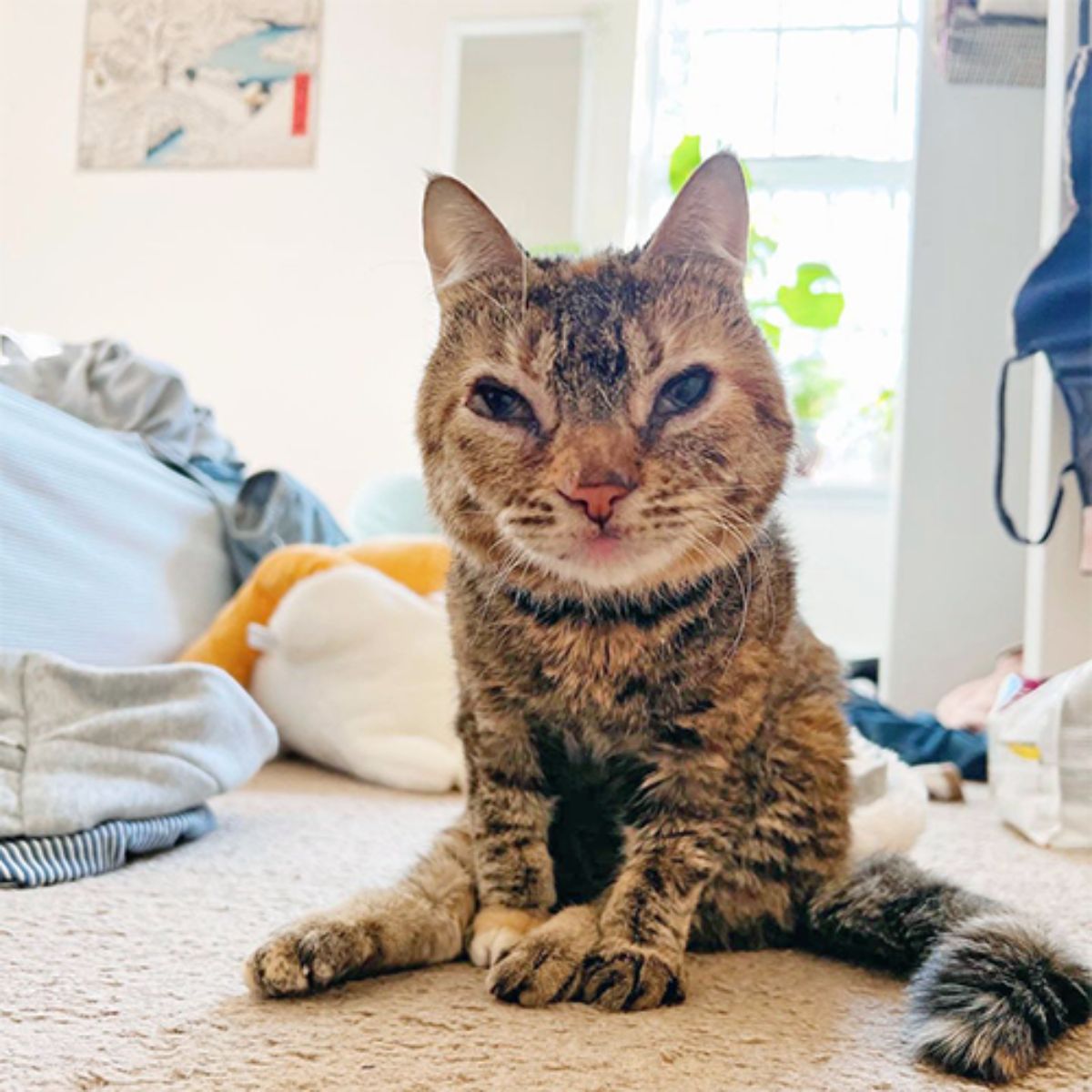
For Heidi, veterinary medicine isn’t just a job, but a true calling. Seeing animals struggle and fight for their health has ignited a deep passion within her to become a skilled veterinarian, dedicated to being the voice for those who can’t speak for themselves.
One day, Mouse showed up at the animal rescue where Heidi worked as a vet assistant. This little cat was skinny, had a limp, and looked completely different from any other kitten she had ever seen.
The vets couldn’t figure out what was wrong with Mouse, and they even considered putting her to sleep.
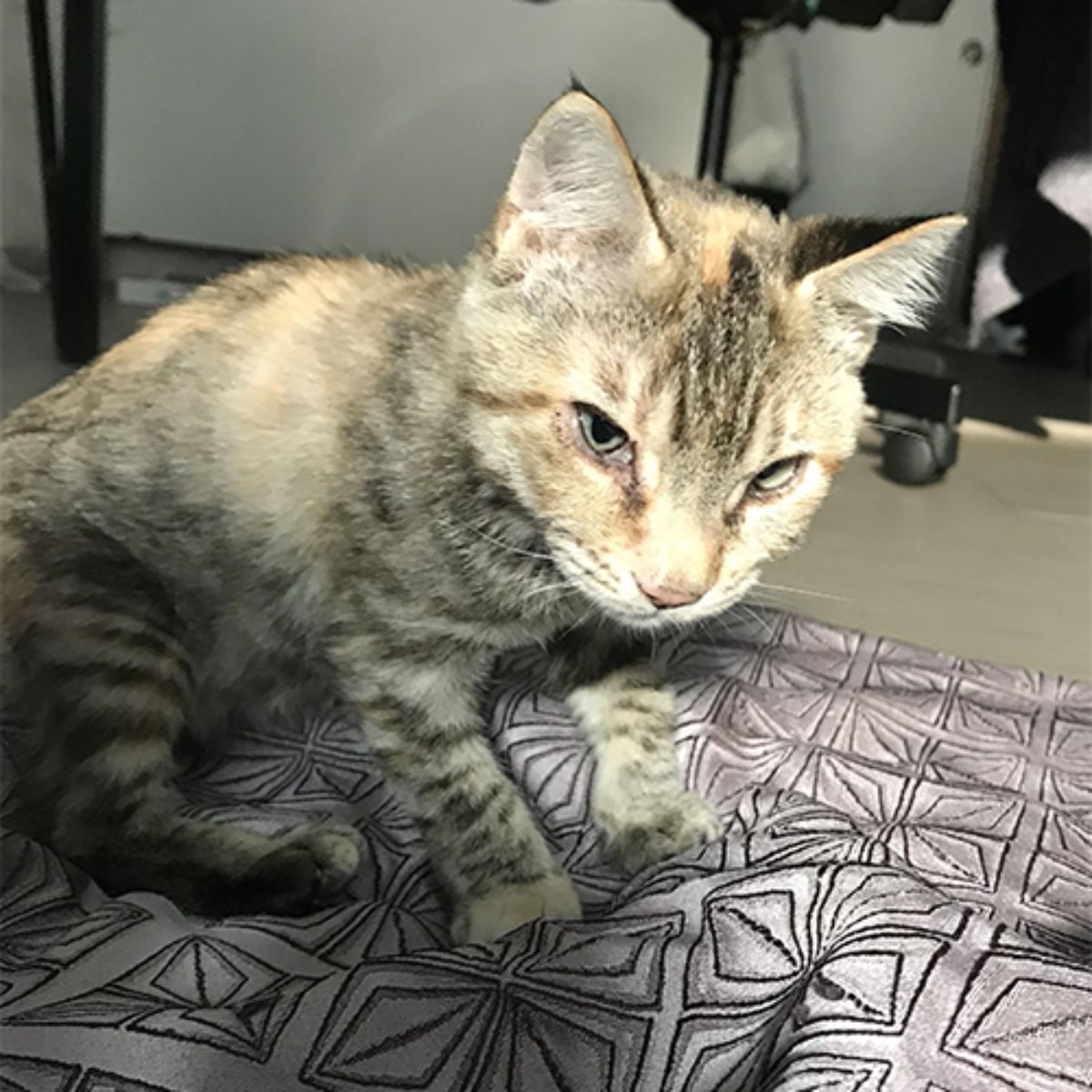
However, Heidi couldn’t bear the thought of giving up on her. She stepped forward and offered to take care of Mouse and decided to give her a second chance.
She wanted to make sure Mouse got the right diagnosis, so she brought her in when she got accepted into veterinary school.
It took a while, but they finally found out that Mouse had mucolipidosis type II (ML II), which is a really rare metabolic disease.
With this new information, Heidi became Mouse’s biggest supporter. She used her connections at Cornell University to help Mouse meet with experts and scientists who were studying diseases like ML II.
Their main goals were to give Mouse the best care possible and to help researchers learn more about the disease.
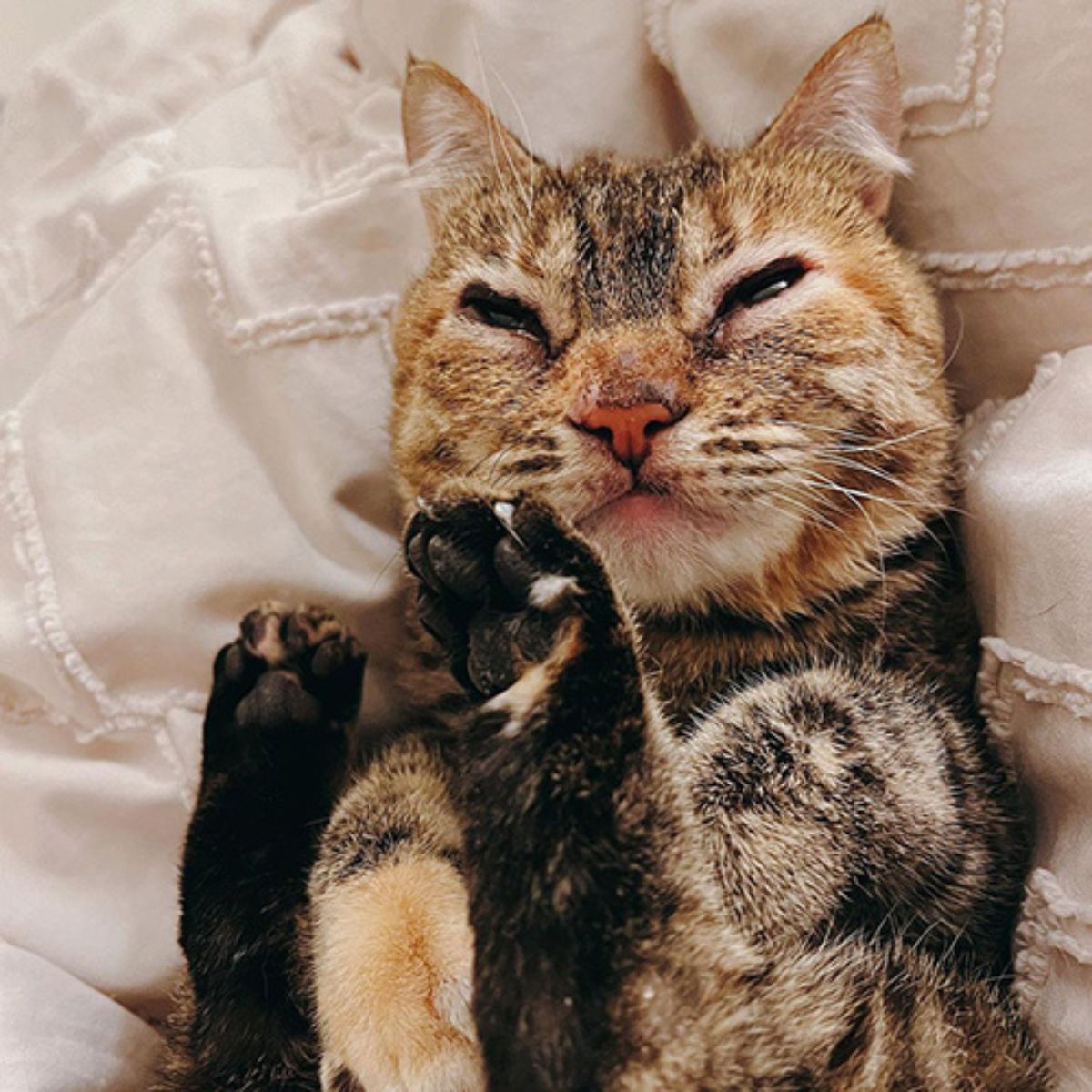
However, Mouse faced difficulties due to her condition. Arthritis made it hard for her to move around, so she needed medicine for her pain and special care, including exercises for physical therapy.
Taking care of a sick pet can be really tough. It’s not just about their physical health, but also about their mental and emotional well-being.
Heidi had to dedicate a lot of time and think about things that she wouldn’t normally have to worry about, as she mentioned:
“I don’t think we talk about anticipatory grief enough. Special needs pet owners often struggle with the anxiety that comes with the expectation that their chronically sick pet will eventually be sicker.”
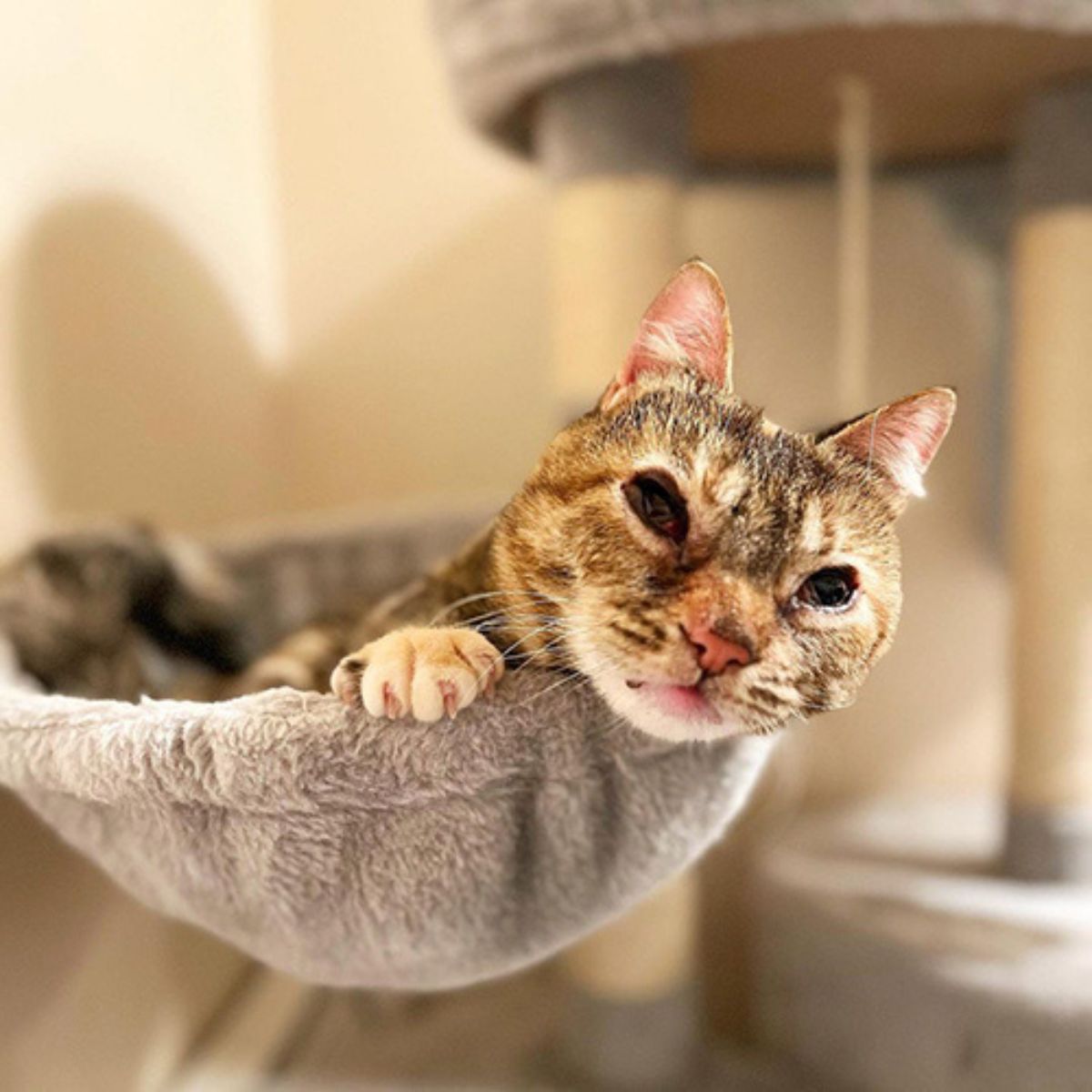
Yet, they didn’t let it bring them down. Mouse loved being cuddled, playing with yarn balls, and sometimes even sniffing Heidi’s cooking out of curiosity.
Heidi was aware that ML II was a terminal illness and that most cats with this condition only lived for 7-8 months. She continued:
“The hardest thing about Mouse’s condition is that I have no idea how long she has left with me in this world.”
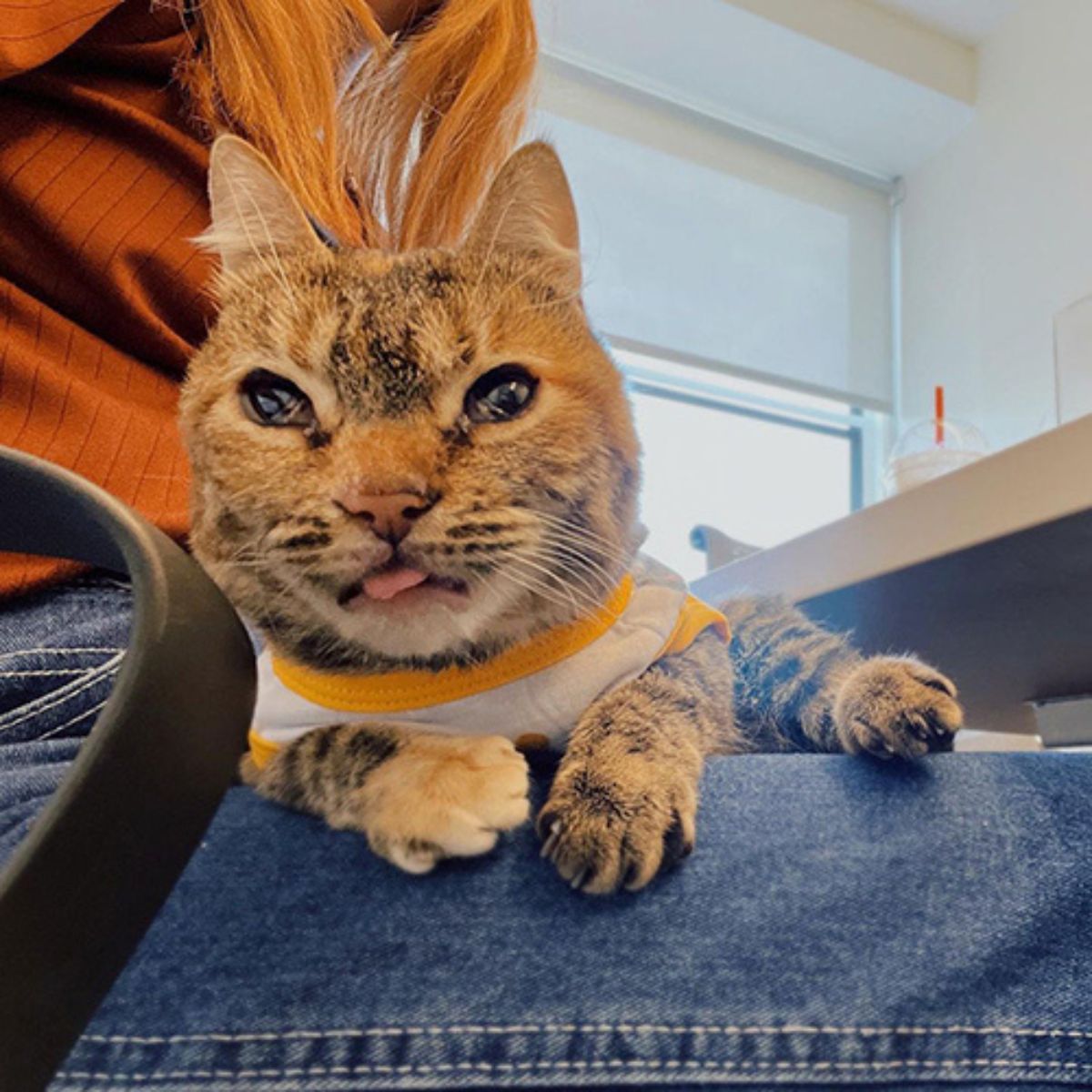
However, Mouse was already two years old and proving everyone wrong. She pushed Heidi to be her best self, and Heidi did the same for Mouse. Just being around each other motivates Heidi to become the greatest veterinarian she can be.
Even when Heidi is having a tough day, the love they have for each other, and the pure happiness of having Mouse by her side is all that matters. As she stated:
“Sometimes on my worst days, all I have to do is hold her little paw and I remember that life is quite simple at the end of the day. I focus on what matters in the present moment when I’m with her. I’m so grateful she’s mine.”
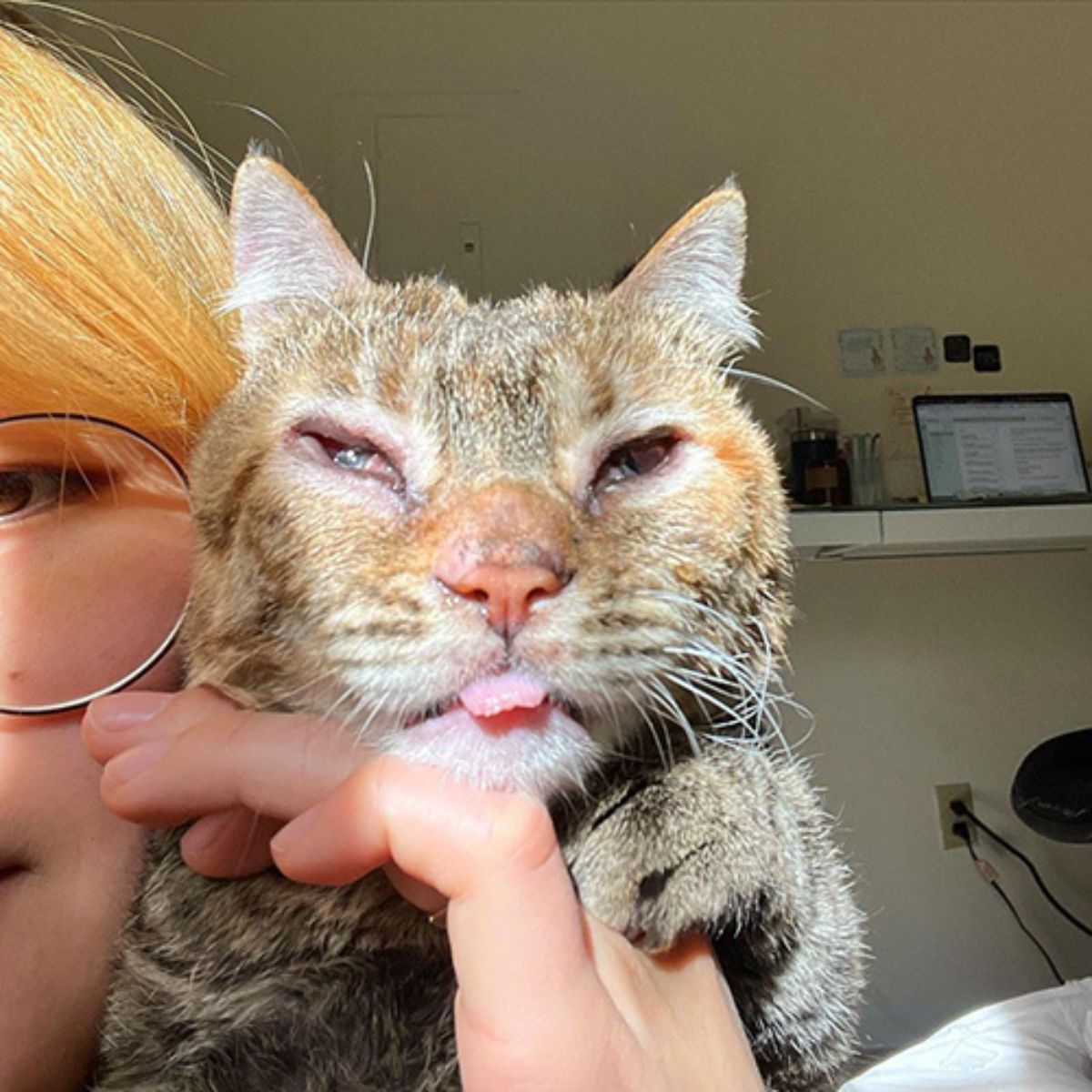
Honestly, I’m really happy that Heidi did all of this. Sure, it must be really hard. The stress, the worry, the anxiety – it’s a lot.
But you know what? Because of Heidi, Mouse isn’t alone. She has a best friend, someone who loves her no matter what and fights for her every step of the way.
That’s a really special thing, and it makes me really happy to know there are people like Heidi out there taking care of animals who need it the most.

